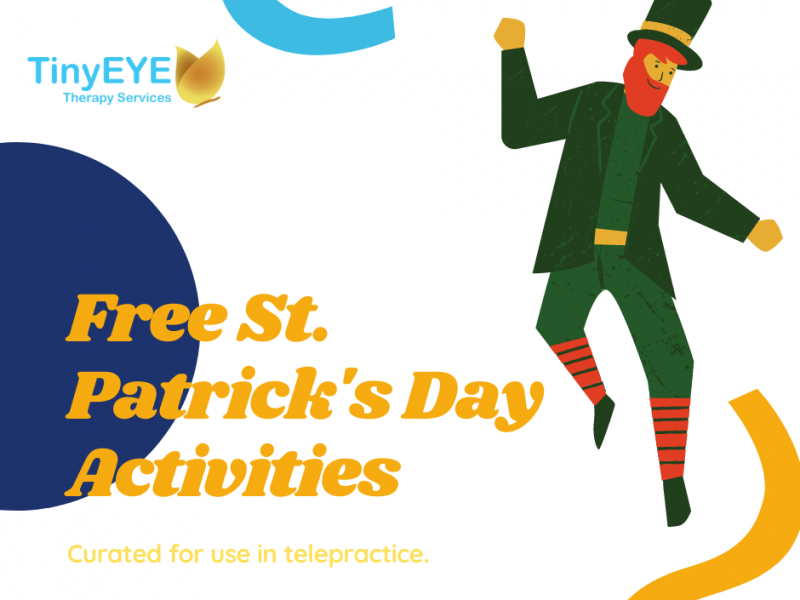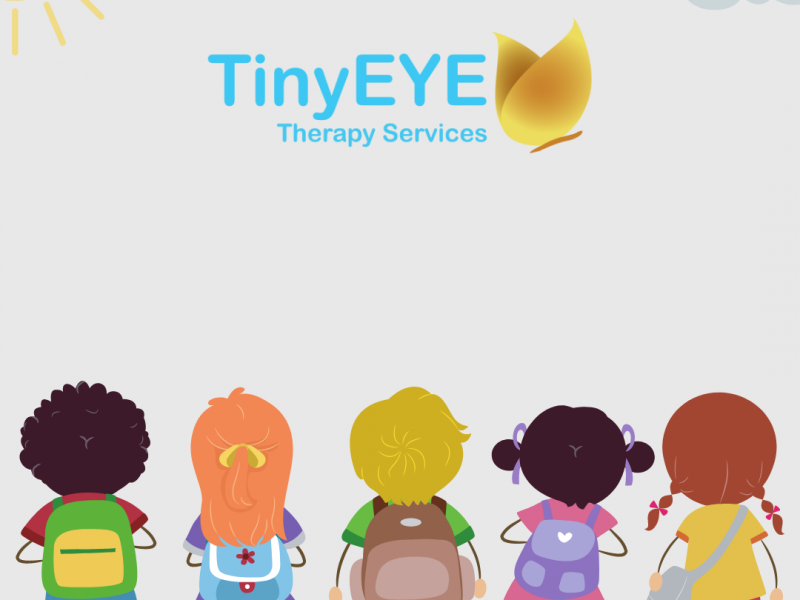About Us
We are a leader in providing online speech therapy, occupational therapy and mental health services to students in schools around the world!


How it All Began
How it all began… in 2005 brother and sister, Greg Sutton and Marnee Brick, were having a conversation. Marnee was a Speech-Language Pathologist with countless hours of driving on her weekly agenda to reach students in all corners of the school district. Greg was a businessman with a mind for technology. Together, they reimagined how therapy could be provided by the best therapists to even more children and schools!
On the Road Again...
While Marnee was spending hours on the road driving from school to school and precious special education budget dollars being spent on her travel instead of therapy itself she would then return home in order to plan and prepare for the next day, often working late into the evening and missing time with her own daughter. Stress and overwhelm were all too regular feelings affecting both quality of work and her home life.
TinyEYE is born…Picture a time when online voice and video was unreliable and not mainstream. Together, Greg and Marnee built TinyEYE Therapy Services – and a brand new program that provided a clear voice and video feed, along with specialized therapy activities. This allowed therapists to provide online speech therapy and later online occupational therapy. Happily, technology caught up! Today, video and voice messaging are much more common.
Over 75% of children enter school having previous experience using video communication software. Technology is a key tool for families, schools, work places, you name it!

Meet The Team
TinyEYE has over 50 corporate employees ready to assist you.
Meet our Leadership Team below. To meet the rest of the team click HERE.

Greg
Chief Executive
Officer

Marnee
President

Paul
Head of Growth

Greg
Chief Executive
Officer

Marnee
President

Paul
Head of Growth

Pooyan
Director of Technology
and Innovation

Pooyan
Director of Technology
and Innovation

Anna
Financial
Controller

Audra
Sr Manager Professional
Partnerships

Anna
Financial
Controller

Stephanie
Manager of Talent
and
Culture

Trevor
Senior Manager,
Customer Success

Audra
Sr Manager Professional
Partnerships

Trevor
Senior Manager,
Customer Success

Michele
Therapy Services
Manager

Michele
Therapy Services
Manager
Awards & Recognition
TinyEYE is a proven leader in providing online speech and occupational therapy to children around the world. We have been the grateful recipient of over 25 awards and numerous nominations within Speech, Innovation, Customer Service, Learning and Entrepreneurship. These awards signify our commitment to understanding the children we serve both from our schools and families as well as our therapists who get to bring their best through our therapy platform designed and developed in house by therapists and software developers alike.
With over 5 awards for Innovation and Excellence this signifies our commitment to both technical and therapeutic innovation. The degree of innovation directly correlates to how well we develop our therapy program so that we may continue to also imagine and lead the way in creating a therapy program and platform that allows all children who need it an opportunity to learn, grow and thrive in their lives.
 2016 Entrepreneur of the Year
2016 Entrepreneur of the Year 2015 National Mentorship Award – Finalist
2015 National Mentorship Award – Finalist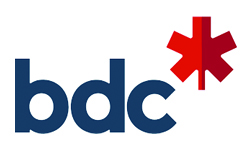 2014 EY Entrepreneur of the Year – Finalist
2014 EY Entrepreneur of the Year – Finalist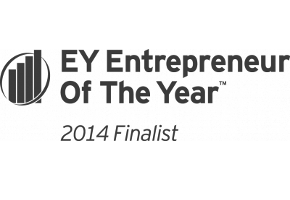 2014 NSBA Business Builder Award for the Pursuit of Excellence
2014 NSBA Business Builder Award for the Pursuit of Excellence 2013 Achievement Award
2013 Achievement Award 2013 SABEX Award for Customer Service
2013 SABEX Award for Customer Service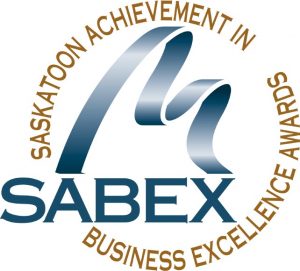 2012 Private Sector Information and Communication Technology (ICT) Excellence Award
2012 Private Sector Information and Communication Technology (ICT) Excellence Award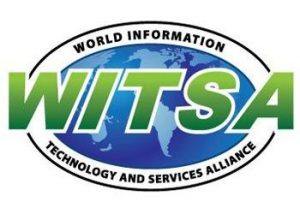 2011 National Ingenious Award for Innovation and Judges Choice Award
2011 National Ingenious Award for Innovation and Judges Choice Award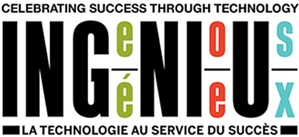 2009 ABEX Award for Health Innovation & Business Excellence
2009 ABEX Award for Health Innovation & Business Excellence 2008 Canadian Manning Award for Innovation Finalist
2008 Canadian Manning Award for Innovation Finalist 2008 SIMA Award for Excellence in E-Learning
2008 SIMA Award for Excellence in E-Learning
Giving Back
TinyEYE’s mission is to Grow Smiles, Mend Spirits and Engage Children in their Lives. We like to extend this vision well beyond the virtual therapy room to all people of the world. These are some of the ways TinyEYE does and has given back to the community.
Other Charitable Contributions
Shrine Circus – sponsoring childrens’ attendance yearly
Food Bank donations
Canadian Youth Business Association
Raj Manek Mentorship Foundation
American Red Cross & Canadian Blood Services
Sponsor a kiddo through World Vision
Speech-Language Therapy
The Impacts of Speech Delays:
Low self-confidence: When a student cannot be easily understood, it is difficult to share ideas, make requests, build friendships, and participate. It is frustrating, and leads to self-esteem issues that often cause students to ‘check-out’ and refrain from participating.
Difficulty reading/writing: Children apply their knowledge of speech sounds when
learning to read and write. If they are substituting one sound for another in speech, that is the sound they will use when attempting to write or understand a word. Literacy challenges affect multiple school subjects, self-help skills, independence, reading directions, writing messages, and learning through exposure to written information.
Difficulty understanding/interpreting information: A language delay may make it feel like an important piece of the puzzle is missing, which results in other pieces having nowhere to attach. This results in challenges assimilating and applying new knowledge.
The following adventures are all dependant on the unique needs of the child:
- Teaching students how to coordinate the air stream, mouth and mind so that a speech sound can accurately be produced
- There is a progression hierarchy of complexity that occurs through the stages of developing, practicing and learning
- Syllables, words, phrases, sentences, conversation
- Teaching and exploring the meaning of concepts such as colors, sizes, shapes, placements, amounts, directions
- Exploring the building blocks of functional language to enable skills that contribute to independence and participation in life’s activities
Factors that impact how long a student will be in a speech therapy program include:
- The number of speech sounds that need to be learned (one vs. multiple errors)
- How often they attend (weekly, bi-weekly, monthly, etc)
- Student participation and engagement during sessions
- Integrating and practicing strategies outside of the therapy sessions with parents, teachers and peers
- Ability to retain the skills they learn
The goal of speech therapy is to help students become clear confident communicators so that they can:
- Become fully engaged in school and benefit from the curriculum
- Develop self-help skills and independence for activities of daily living
- Actively participate in life experiences
- Build healthy social relationships
The ability to communicate is directly correlated with ability to achieve success. Together, we are building smiles, mending spirits, and engaging students in their lives.
Occupational Therapy
What is Pediatric Occupational Therapy?
Playmate, line-leader, teeth-brusher and writer…these are noble examples of how children occupy their day and contribute to their environment. The role of pediatric occupational therapy is to help children so that they can learn, play, and thrive. Common areas of need include developmental, educational, injury-related, emotional-behavior, and job readiness. Below are examples of ‘occupations’ for
children, which are enriched by occupational therapists:
• Babies interact with their environment and caregivers
• Children play to foster creativity, derive joy, explore new experiences and ideas, and strengthen social interaction skills for healthy relationships
• Children contribute in their environment through roles such as setting the table, putting away toys, and caring for their belongings
• Children support their own well-being and seek independence through self-care tasks and emotional-behavioral management
• Students participate in numerous school activities that bring value to their own life and to those around them
Physical, developmental, sensory, attention, and learning challenges can prevent children from fully experiencing their occupations. Modifying tasks or the environment, incorporating tools, and enriching skills can improve a child’s life. To explore the tremendous scope of services that occupational therapists provide for children, visit this link from AOTA’s website
When children are deprived of interventions created to improve their present and future, we are limiting their contributions and overall well-being. The reality is that many schools struggle to provide an ideal level of service due to geographical challenges, population variances, and low regional retention of professionals. When the goal is to improve children’s lives by bringing professional support to their day, your solution may be to access your therapist through online therapy.
TinyEYE’s online occupational therapists are highly trained to drive student experience and outcomes. The sooner we support our students the sooner they can more easily participate in academic and life experiences. Without access to consistent support, caseloads may grow to exceed the capacity of professional resources. As time goes by, a students’ learning and independence gaps can become wider, adding strain to educational and community systems.
Without consistent support, caseloads may grow to their fullest capacity but children may not.
As years progress, their learning and independence gaps can become wider. This can add strain to education and community systems.
The schools we serve sought an effective strategy for upholding their accountabilities to their students and communities.
With student-specific support, each
child can experience a positive
sense of self-worth, success, and joy….
They now partner with our experienced online therapists, who are committed to making a difference for each child. With student-specific support, each child can experience a positive sense of self-worth, success, and joy….all because we believed in the value of their potential and the significance of a solution.
Who is TinyEYE?
-
Students across North America are NOT receiving the special education services they need.
Every day thousands of students with speech and occupational therapy disorders are left untreated due to the difficulty of accessing proper services. Children rely on these crucial services to develop the skills necessary to communicate, understand, and express themselves. These fundamental skills are necessary to providing the basic foundation of learning, which supports all school subjects and life skills.

-
Demand for speech and occupational therapists is growing. Schools face the challenge of not being able to find quality therapists to hire due to geographic or socioeconomic barriers. TinyEYE is changing all of that. By introducing online therapy, also known as telepractice, thousands of therapists have been welcomed back to the workforce who were unable to conduct therapy using traditional methods – many being semi-retired or stay-at-home moms.
Therapists who were already working are moving to online therapy to eliminate the time spent on the road travelling between schools to meet with students. This not only decreases school budgets, but also increases the direct therapy time with students. TinyEYE Therapy Services has partnered with Double Robotics to introduce the next generation of telepractice by bringing mobility to the classroom. TinyEYE is preparing students for the future they are going into, rather than the world that we came from.




